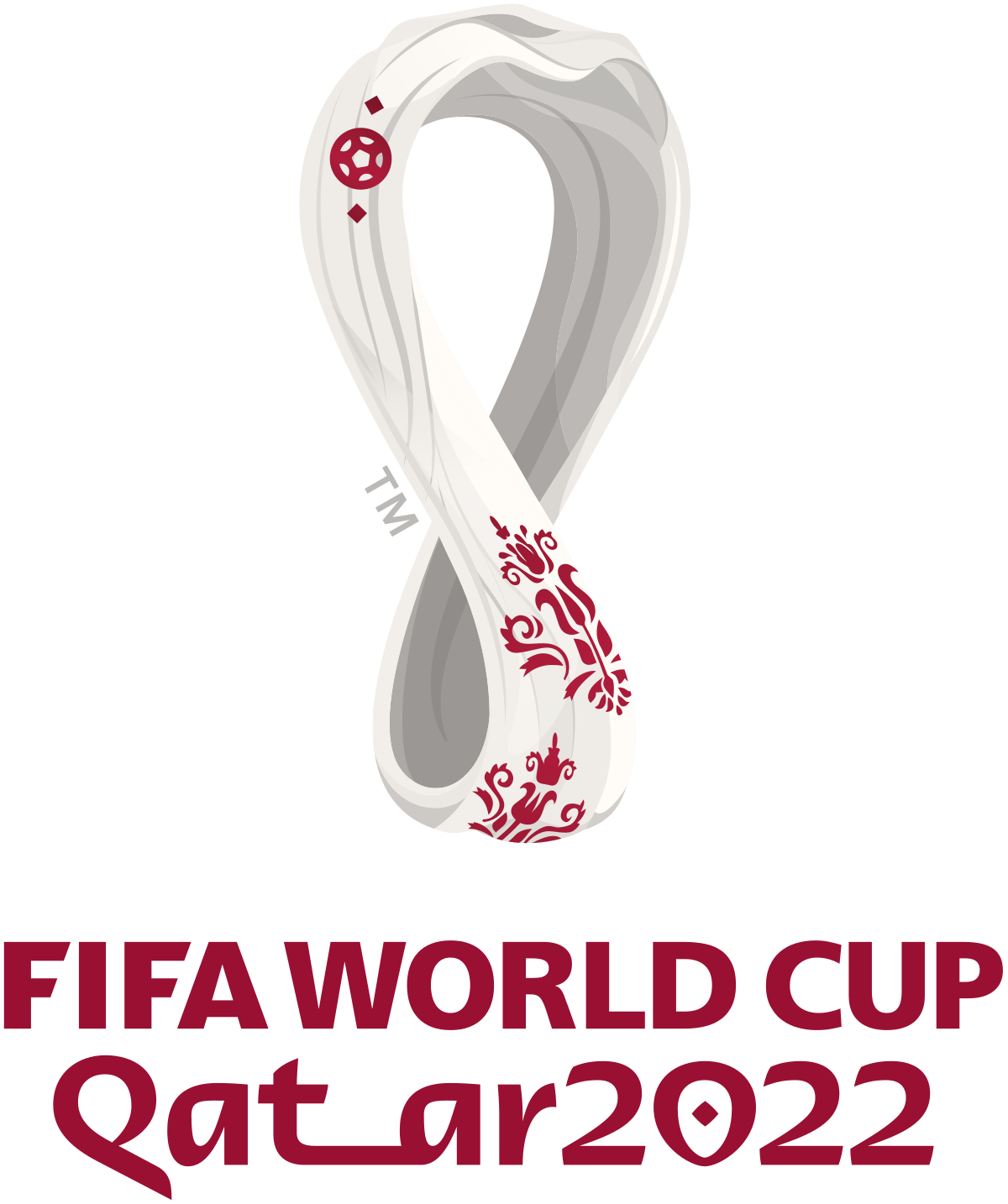London, (Parliament Politics Magazine) – Last Sunday the nation paused to reflect on the past service and sacrifices of those who served their country. I was one of many thousands of veterans who proudly wore our services medals at remembrance services conducted across the United Kingdom.
For the Deputy Mayor of Bournemouth (also a vet) that honour was denied. David Kelsey was stripped of his medals and thrown out the Army in 1978 for being gay. Speaking to David after the service he confirmed four decades on they have yet to be returned.
His situation made me reflect on our nation’s journey, the pace of societal change and how norms and attitudes rightly continue to evolve. As the world’s attention turns to Qatar few are talking about the tournament they are about to host – instead scrutinising the country’s politics, its transparency, accountability, freedoms and human rights. And this I very much welcome.
With one brief snapshot of the country some voices are even calling for the games to be boycotted. FIFA cry foul, arguing that politics and sport should be kept separate. This simplistic attitude fails to appreciate how increasing global attention on Qatar has helped expedite its own journey – whilst accepting there remains a long way to go.
The idea that boycotting international sporting spectacles forces closed and authoritarian states to conform with international norms rarely works.
Beijing 2008, the 2014 Sochi Winter Olympics or the 2018 World Cup changed neither the Chinese nor the Russian regimes despite noisy boycott campaigns. Only the long running anti-apartheid movement’s campaign can be said to have made a significant contribution to political change and that took three decades of work.
Boycotts inevitably trigger the shutters to go up in the targeted country, closing down any opportunity for serious dialogue on reform.
I was the Middle East Minister for a number of years and visited Qatar over a dozen times, taking each opportunity to raise human rights, employment and transparency issues. I knew the spotlight of the World Cup bid would oblige Qatar to embrace change faster. I was disappointed the group stages were not shared with other states in the region for this very same reason. What, after all, are long term benefits of building eight stadia in one single city?
There are some fundamental lessons for FIFA to learn here: for example, insisting on meeting ILO (International Labour Organisation) standards of construction from the start. This would have helped expedite reform of the traditional but archaic ‘Kefala’ system that for too long has inhibited workers’ rights.
But it is Qatar’s laws on homosexuality that are understandably gaining most attention. And this raises a deeper question about how we best respond to effect change? Do we shout from afar hoping Qatar will listen? Let’s not forget the same questions surrounding individual expression apply to Egypt now hosting COP27 or Indonesia where the G20 just took place.
In appreciating our relationship with Qatar, let’s not forget we keep our lights on thanks to Qatari gas, our armed forces train closely together and Qatar have regularly supported allied military operations in Libya, Syria and Iraq. Qatar has spent £36 billion investing in the UK – changing London’s skyline from the Shard to the Olympic village. Significant though our economic and military bonds are they should not prevent us from encouraging reform and indeed sharing our journey.
It was not so long ago, in 1966, that we hosted this great football tournament. Homosexuality was not just illegal here, but arrests resulted in barbaric consequences. Alan Turing, the great Enigma code breaker, faced a choice of prison sentence or chemical castration. He chose the latter but, not long after, he took his own life.
If we genuinely wish to help Qatar on its own societal journey, we are well placed to do so. It gained its independence in 1971 from- yes, the United Kingdom.
This gulf peninsular had long been a deeply Bedouin society led by the Al-Thani dynasty that had changed very little in 500 years. Its economic boom therefore sits uneasily alongside its Salafist interpretation of Islam, the same Islamic wing that brought us the Muslim Brotherhood, Al Qaeda and DAESH. But the unfortunate comments by Khalid Salman, a Qatari football Ambassador, on German TV underline generational differences of opinion that must still be overcome.
As with previous world cups, once the first ball is kicked the tournament will take over our lives, overshadowing this important, if awkward social spotlight on Qatar. British police, assigned to assist the Doha authorities, will help allay understandable concerns that some attending British fans may have.
But this must be the last World Cup where FIFA’s bid criteria only include ‘commercial’ and ‘tourism’ factors. Qatar is modernising faster because of the World Cup – not because of FIFA.
It is this deep politicisation of sport by governments and the turn-a-blind-eye connivance of the global sporting organisers that has destroyed the unspoken bar on mixing sport and politics.
We need greater focus on the institutions and decision-making processes that gift the hosting rights in the first place. It’s not like the problem of hosting nations with different values to ourselves is going away any time soon.
This is not to discount the new diplomatic and athletic efforts bringing attention injustice, racism, human rights abuses and reputational laundering in sport. They are part of the necessary pressure.
Back to our own societal journey, just one year after England hosted the world cup that laws outlawing of homosexuality were removed. Let’s help inspire Qatar to similar ambitions following the 2022 World Cup.
Tobias Ellwood VR MP is the Conservative Member of Parliament for Bournemouth East. Elected in 2005 he is thechair of the prestigious Defence Select Committee and was a defence minister between 2017 to 2019.

